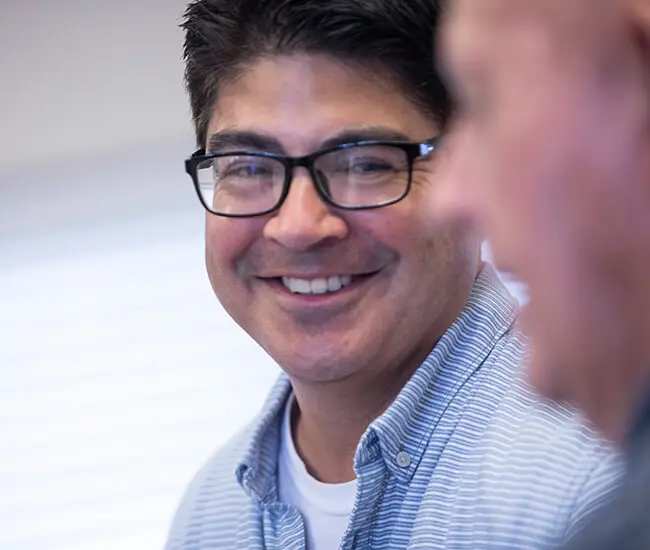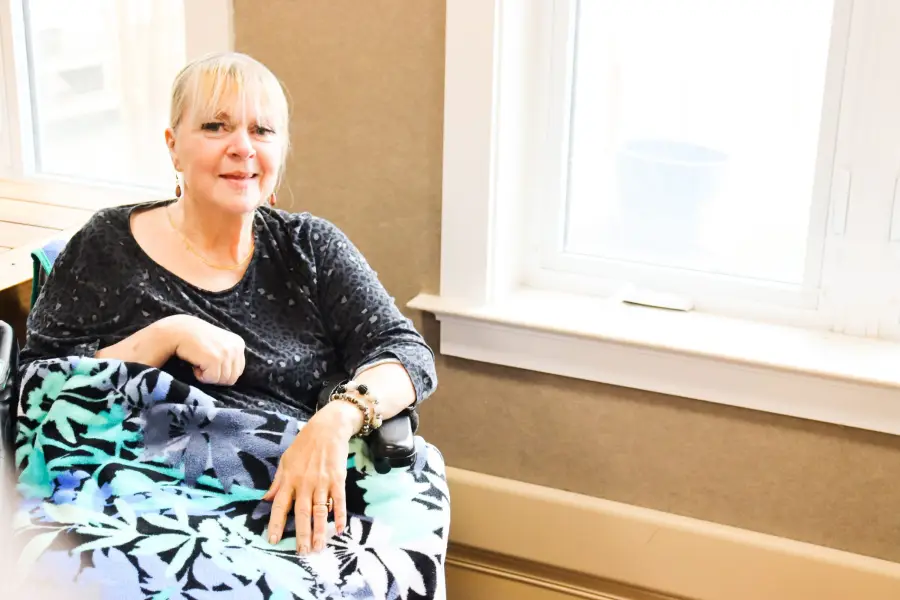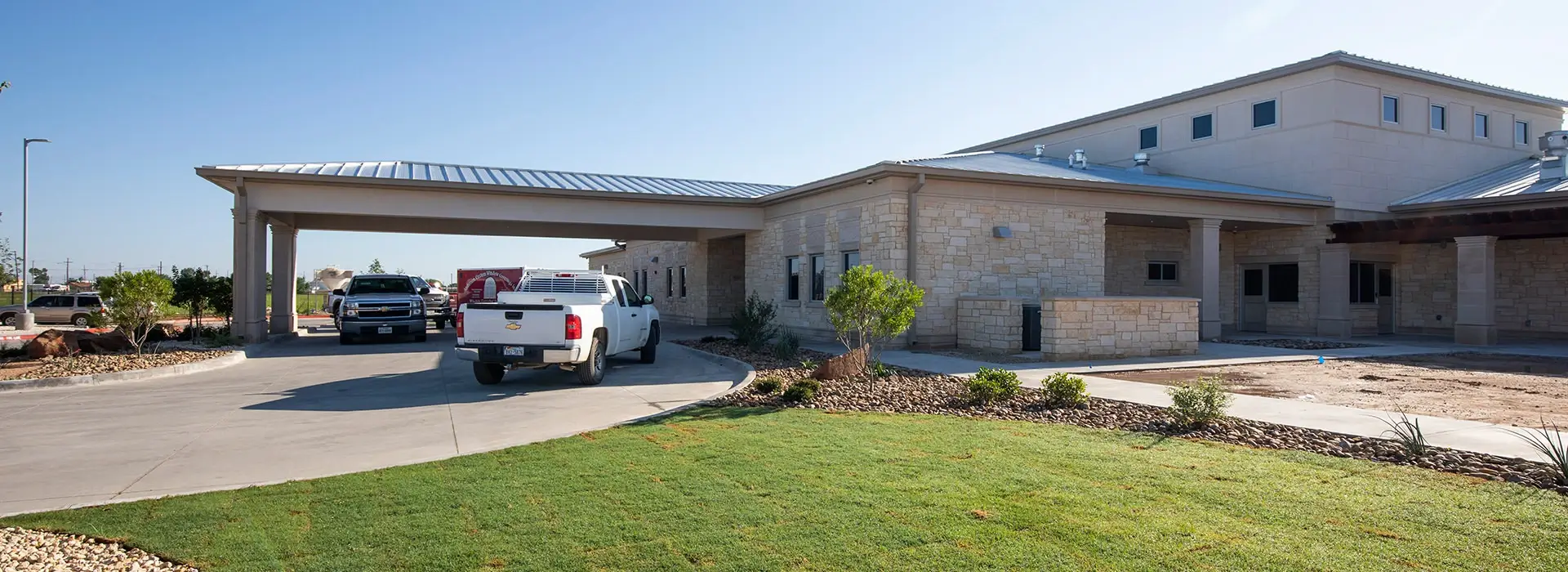Moody Neurorehabilitation Institute at TideWay
Providing a healthy, safe, and supportive living environment for survivors of brain injury.
Phone (409) 741-3266
Referral Fax (409) 763-3430
Virtual Tour
Overview
Moody Neuro at TideWay is a long-term supported living facility for survivors of brain injury in Galveston. This 32 bed facility offers nearly 40 thousand square feet of living and activity space and sits on 3.5 acres of prime real estate one block from the beach in the heart of Galveston Island.
Family Tour
At Moody Neuro, we provide tours of our facilities to help you make an informed decision and choose the best program for your loved one. Learn more about our Moody Neuro at TideWay facility below or contact us to schedule a tour and an opportunity to speak with our staff one-on-one at your convenience.

ABOUT TIDEWAY
In keeping with Moody Neuro’s mission of providing patients with highly-specialized, personalized care required to re-enter the community and maximize quality of life, we developed a program aimed at reducing medical recidivism, increasing functional skills, and involving patients in the community as often as possible.
Moody Neuro at TideWay is only minutes away from Moody Neuro in Galveston and the University of Texas Medical Branch. Its central location provides our residents direct access to the community and the resources it has to offer every single day.
A patient may transition from the Residential PABI program to the Long-term Supported Living programs if the clinical team deems it appropriate, entrance criteria is met, the patient and family support the move and the funding source permits.
DADS#: 101922; 102680
Therapies
Moody Neuro at TideWay employs the most current, evidenced-based practices in order to provide the very best in care and programming to the residents. Residents receive individualized programming, one-to-one time with staff, access to the community and opportunities to be productive, including volunteer opportunities and on-site activities.
Neuropsychology & Counseling
Following brain trauma or acquired brain injury, patients may exhibit modifications to behavior, emotion, and cognitive abilities…
Speech & Language
The ability to communicate is a vital part of everyday life. However, when a person experiences an acquired brain injury, fundamental components to communication such as speech, or even swallowing my not be possible…
Physical Therapy
Physical therapy plays a very important role in the rehabilitation process. Our Physical Therapy (PT) Department is committed to assisting…
Occupational Therapy
The “occupation” in occupational therapy (OT) refers to more than just paid employment. It encompasses everything that “occupies” a person’s time…
Community Integration
Community integration involves enabling individuals with a brain injury to live successfully in their community and participate fully in all aspects of community life…
Aquatic Therapy
Aquatic therapy is an appropriate and effective alternative to conventional land-based treatment. Research demonstrates that patients receiving aquatic rehabilitation regain functional range of motion and gait at a faster rate than through conventional physical therapy alone…
Residential
At Moody Neuro, the process of recovering from a brain-injury is comprehensive and immersive. As a result, it is necessary that certain patients conduct post-acute rehabilitation, or receive long-term care in a residential setting…
Technology
As pioneers in post-acute brain injury treatment and rehabilitation, Moody Neuro leverages a portfolio of advanced treatment technologies and equipment to help patients regain independence and an enhanced quality of life…
Outpatient
Based on the most recent program evaluation data, all residents at the WestWay facility and approximately 80% of residents currently…
Key Staff
Peyton LaBauve
Tideway Program Director

Location Activities
The Therapeutic Recreation Department at Moody Neuro develops cognitive and social skills through leisure activities of interest to residents. The recreation staff encourages residents to rediscover hobbies, develop new interests, and explore recreational resources available to them. The goal is to help individuals plan, organize and enjoy their leisure time: and at the same time, improve their social interaction skills. The staff also arranges for trainees to attend local events such as:
- Mardi Gras Galveston
- Dickens on the Strand
- Houston Live Stock Show and Rodeo
- Professional basketball and baseball games
Our residents also participate in several camps throughout the year as well as the adaptive water sports event sponsored by Texas Adaptive Aquatics held at Moody Gardens. The camps are located in the beautiful Hill Country near Brenham, TX. Residents participate in a number of outdoor activities including archery, kayaking, and horseback riding. All activities are designed and lead by trained individuals to ensure a safe, fun event. Our goal for our residents is to provide an activity that engages them in a social activity where they can apply learned therapeutic strategies.
Success Stories

